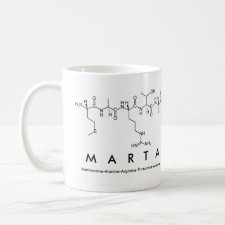
Authors: Cruz-Vera M, Lucena R, Cárdenas S, Valcárcel M
Article Title: Highly selective and non-conventional sorbents for the determination of biomarkers in urine by liquid chromatography.
Publication date: 2010
Journal: Analytical and Bioanalytical Chemistry
Volume: 397
Issue: (3)
Page numbers: 1029-1038.
DOI: 10.1007/s00216-010-3476-3
Abstract: Abstract: Urine is one of the most extensively analysed biological fluids in clinical and toxicological investigations owing to its high availability and non-invasive collection. The chemical nature of the analytes involved (polarity and thermal instability) makes liquid chromatography the separation technique of choice for compound determination. Moreover, sample treatment based on solid-phase extraction is usually carried out owing to its flexibility and the availability of new sorbent materials with increased selectivity and versatility towards the target compounds. Taking into account these three fundamental points, this review focuses on recent developments in urine pretreatment using highly selective and non-conventional sorbents in solid-phase extraction such as affinity sorbents (immunosorbents and molecularly imprinted polymers), restricted access materials and carbon nanotubes, with emphasis on the new synthesis methods. Their main advantages and shortcomings are presented, together with representative examples in this context
Template and target information: Review - sample pretreatment in urine analysis
Author keywords: urine, liquid chromatography, Solid-phase extraction, immunosorbents, Molecularly imprinted polymers, Restricted access materials, carbon nanotubes



Join the Society for Molecular Imprinting

New items RSS feed
Sign-up for e-mail updates:
Choose between receiving an occasional newsletter or more frequent e-mail alerts.
Click here to go to the sign-up page.
Is your name elemental or peptidic? Enter your name and find out by clicking either of the buttons below!
Other products you may like:
 MIPdatabase
MIPdatabase









